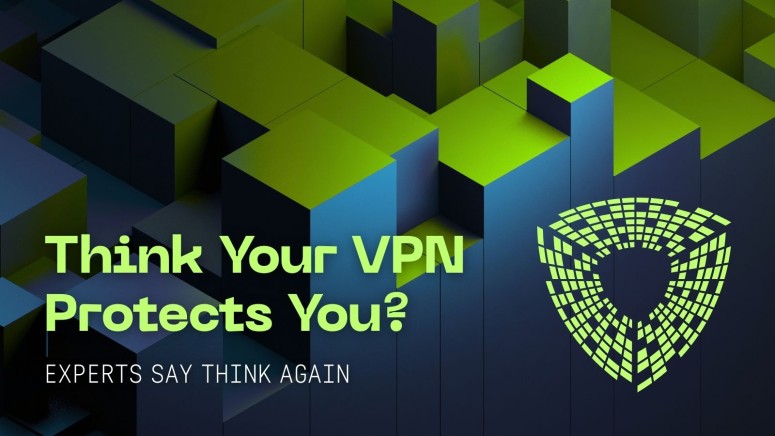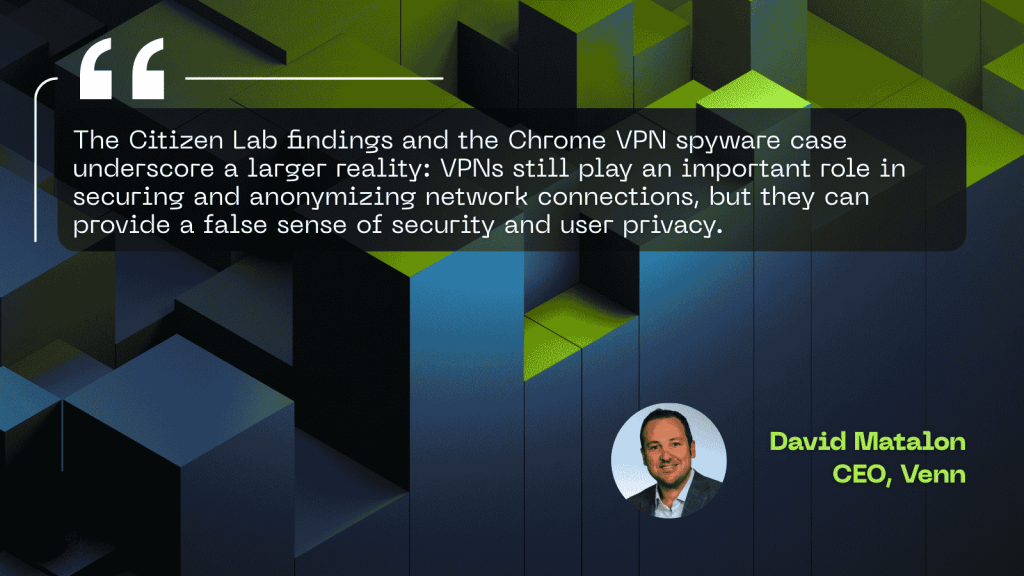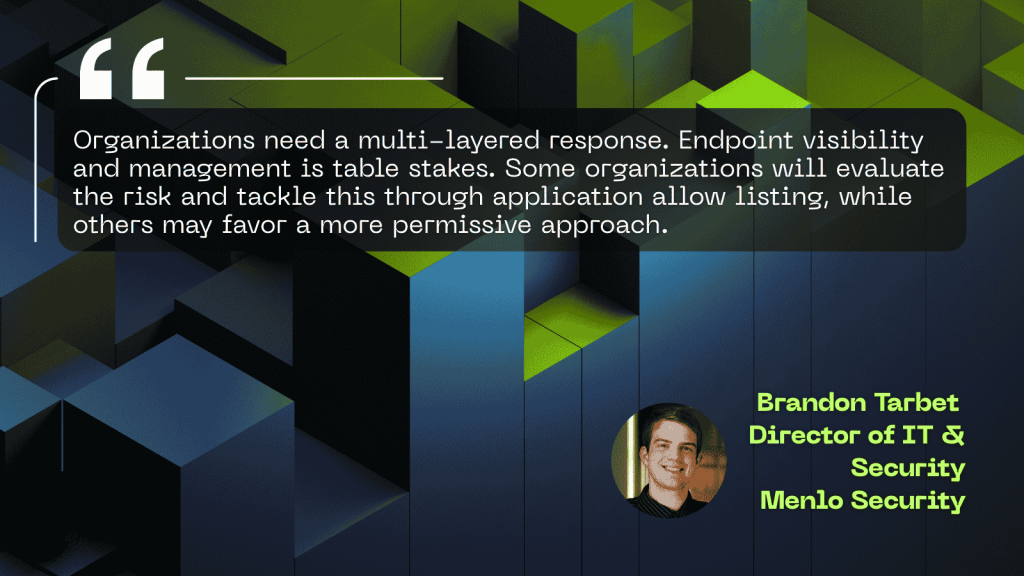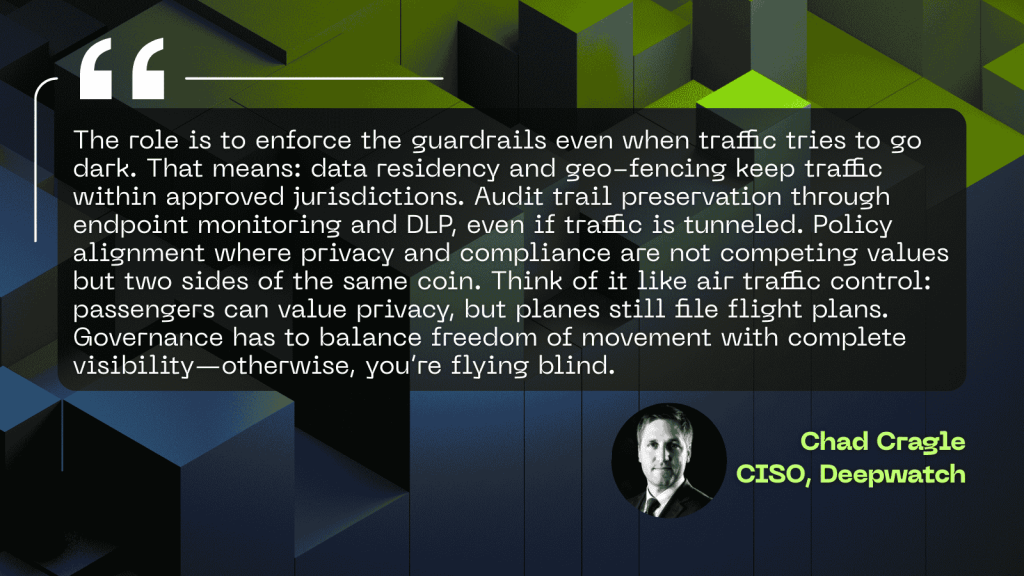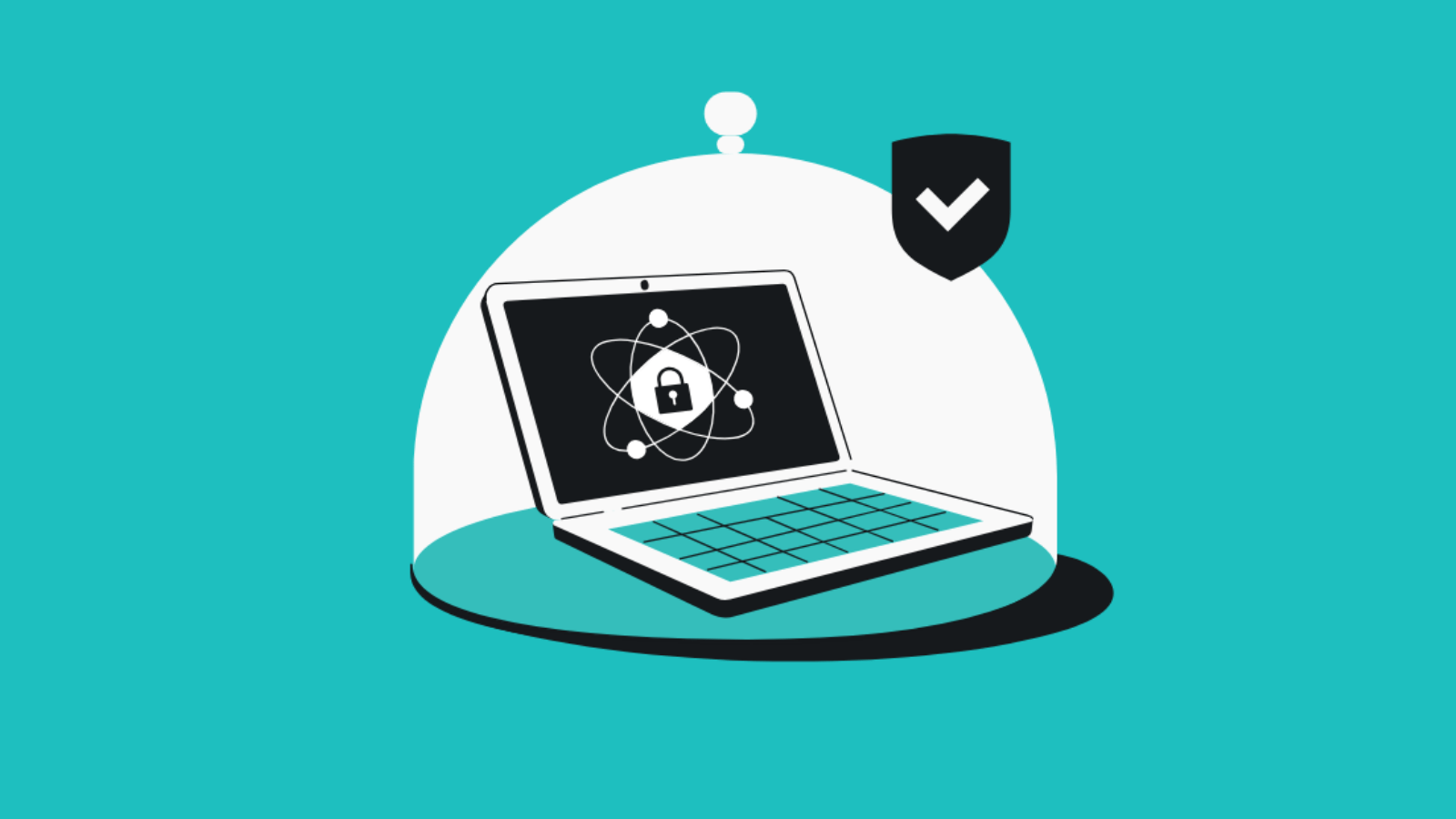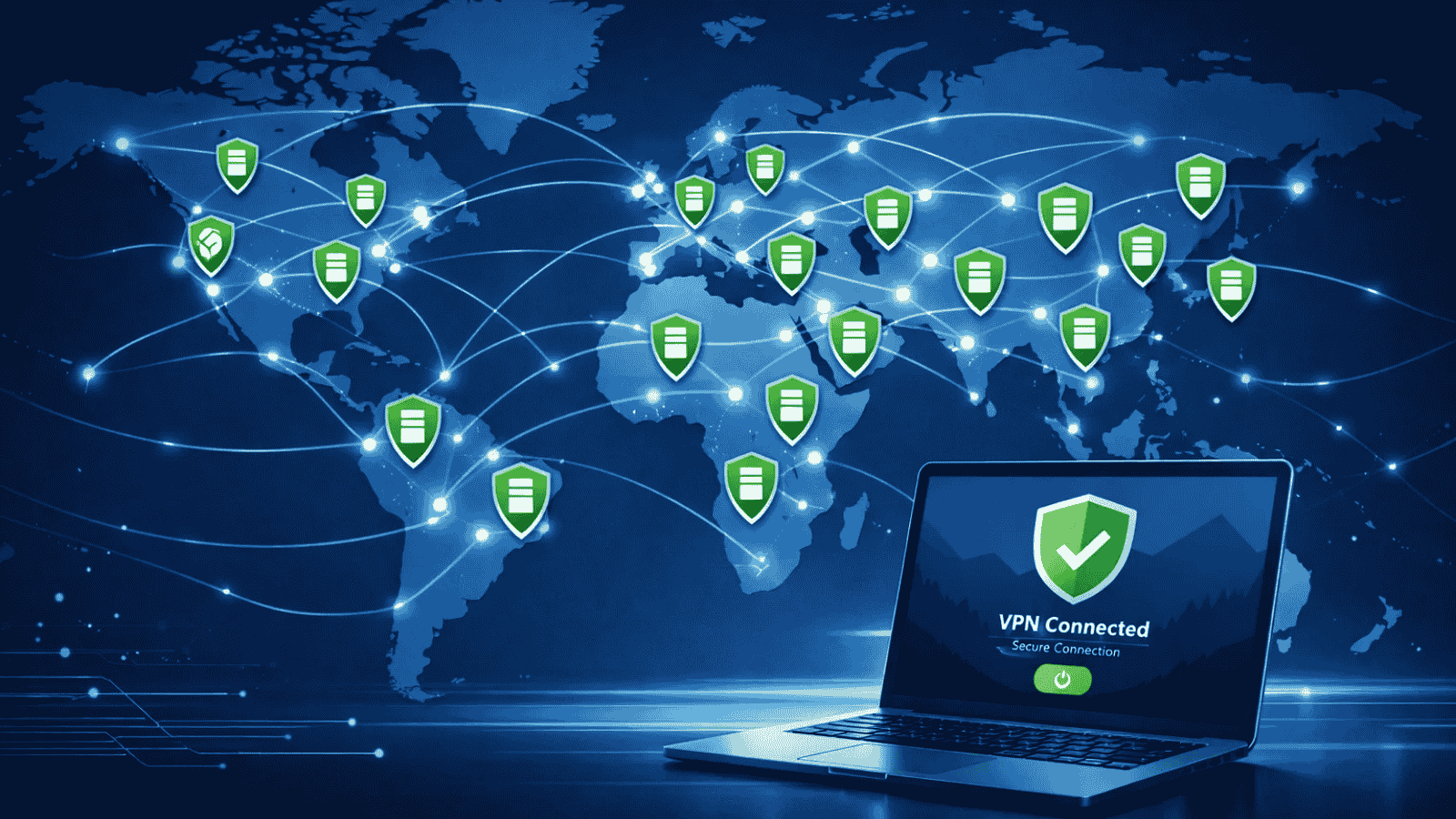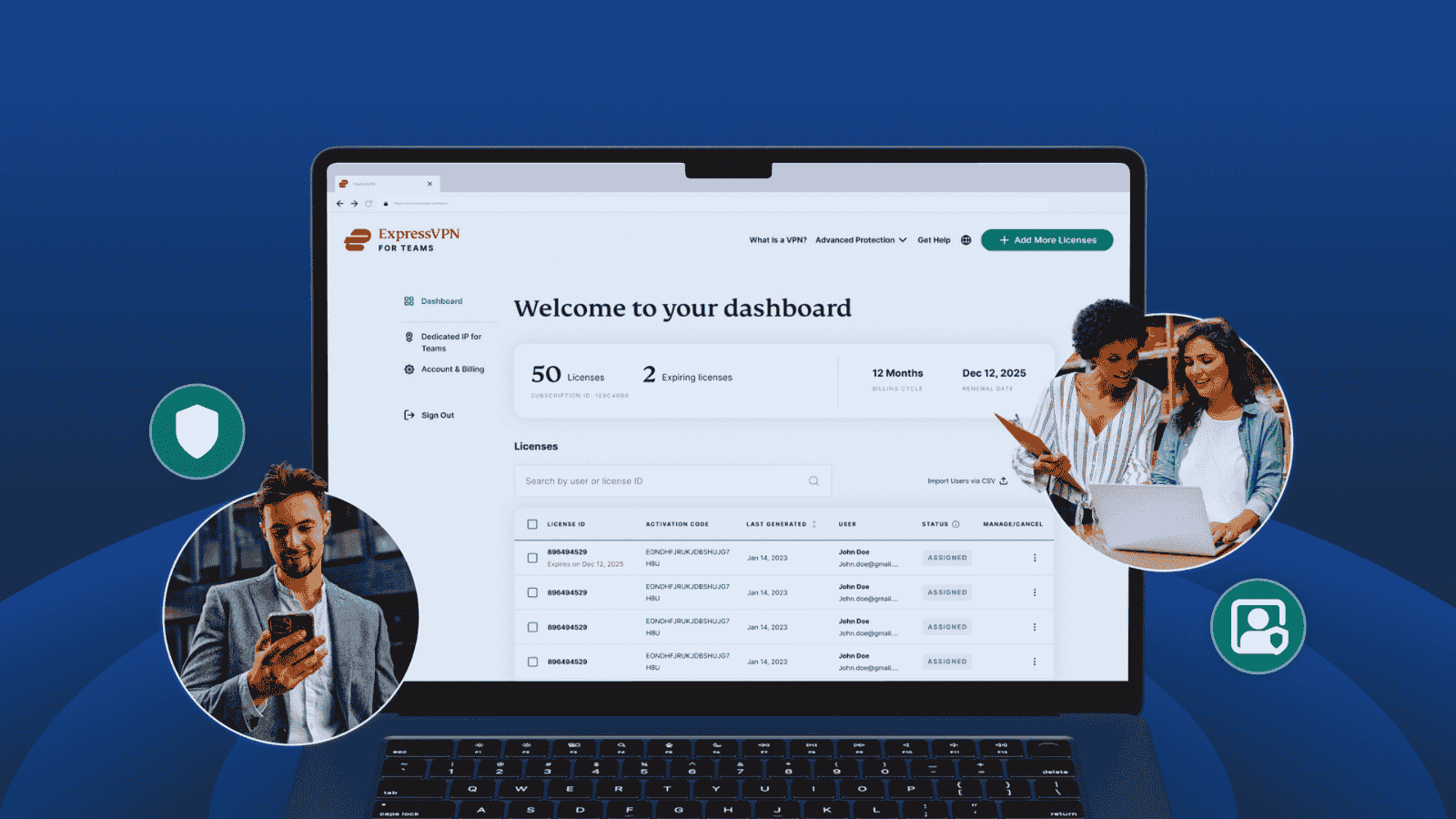
Think Your VPN Protects You? Experts Say Think Again
Virtual Private Networks (VPNs) are widely marketed as tools that secure online activity, anonymize user data, and protect privacy. Yet, recent findings from Citizen Lab and high-profile incidents, such as a Chrome VPN extension with over 100,000 installs being exposed as spyware, suggest that the reality is far more complicated. Security experts warn that while VPNs have their uses as well as risks, relying on them as the sole line of defense can be dangerously misleading.
VPNs Are Not a Complete Security Solution
David Matalon, CEO at Venn, a New York City-based provider of BYOD security technology, explains the core issue:
Matalon points out that personal computers are particularly vulnerable. “While a VPN may provide some security, there are too many opportunities for a vulnerability to be exploited and a user’s activity to be compromised, especially on a personal computer,” he said. In environments where employees work from home, personal devices often fall outside IT’s control but still interact with proprietary corporate data, amplifying risks.
The problem, according to Matalon, is compounded by the fact that many consumer VPN apps and browser extensions do not undergo independent audits, leaving users exposed to weak encryption and other vulnerabilities. “They can be an incomplete security solution, leaving users vulnerable to weak encryption and companies vulnerable to data loss,” he warned.
Moving Beyond the VPN: Content-Level Security
While VPNs encrypt the connection between a device and the internet, they do not inherently secure the data itself. Brandon Tarbet, Director of IT & Security at Menlo Security in Mountain View, California, emphasizes the importance of adopting a multi-layered approach:
Tarbet highlights a fundamental shift in corporate security philosophy. “What is rapidly becoming a requirement is the need for web content-level data security. This need is underscored by how personal VPN providers position and market the supposed security benefits of their products. The key is shifting from perimeter-based security mindset (such as with VPNs) to content-level protection that works even when traditional visibility is compromised.”
He further elaborates on modern governance: “The modern governance approach is creating a need to separate user identity from platform interactions. The solution is not to restrict privacy tools—it is to implement security architectures that can maintain compliance and data protection without compromising user privacy.”
Techniques such as remote rendering and isolated execution environments allow organizations to secure sensitive data, ensuring that regulatory compliance and user privacy coexist without depending solely on VPN integrity.
Personal VPNs as a Risk to Enterprise Security
Chad Cragle, Chief Information Security Officer at Deepwatch, a San Francisco-based AI + human cyber resilience platform, compares personal VPNs to counterfeit IDs. “Personal VPNs lead to ‘impossible travel’ and compromise visibility. If you choose to allow them, you must strengthen your ISMS in three areas: asset management, access control, and acceptable use policies,” he says.
Cragle explains that asset management ensures that every device and connection is tracked, while access control enforces conditional access and multi-factor authentication, preventing spoofed locations from granting unauthorized access. Acceptable use policies should clearly state that unmanaged VPNs cannot access sensitive data.
“Ultimately, personal VPNs are like counterfeit IDs; they erode trust in your security measures. The only secure option is a company-approved VPN where you control the keys,” he emphasizes. Cragle also stresses the importance of treating privacy tools as part of the governance landscape:
Practical Advice for Consumers and Organizations
The insights from these security experts underscore that personal VPNs and its risks. They say that VPNs cannot be relied upon as the sole measure of security. For individuals, this means being cautious about which VPNs to trust, paying attention to independent audits, encryption standards, and permissions. But even then, picking the right VPN is merely your first step towards total security.
For organizations, it signals the importance of a multi-layered security strategy, combining endpoint visibility, access control, and content-level data protection.
Ultimately, VPNs should be seen as one tool in a broader security toolkit, not a silver bullet. Organizations that rely on personal VPNs without governance risk leaving blind spots in visibility and exposing sensitive data to potential compromise.
As cybersecurity threats continue to evolve, the experts agree: security strategies must evolve as well. Shifting focus from simply securing connections to safeguarding the data and content that actually matters.


